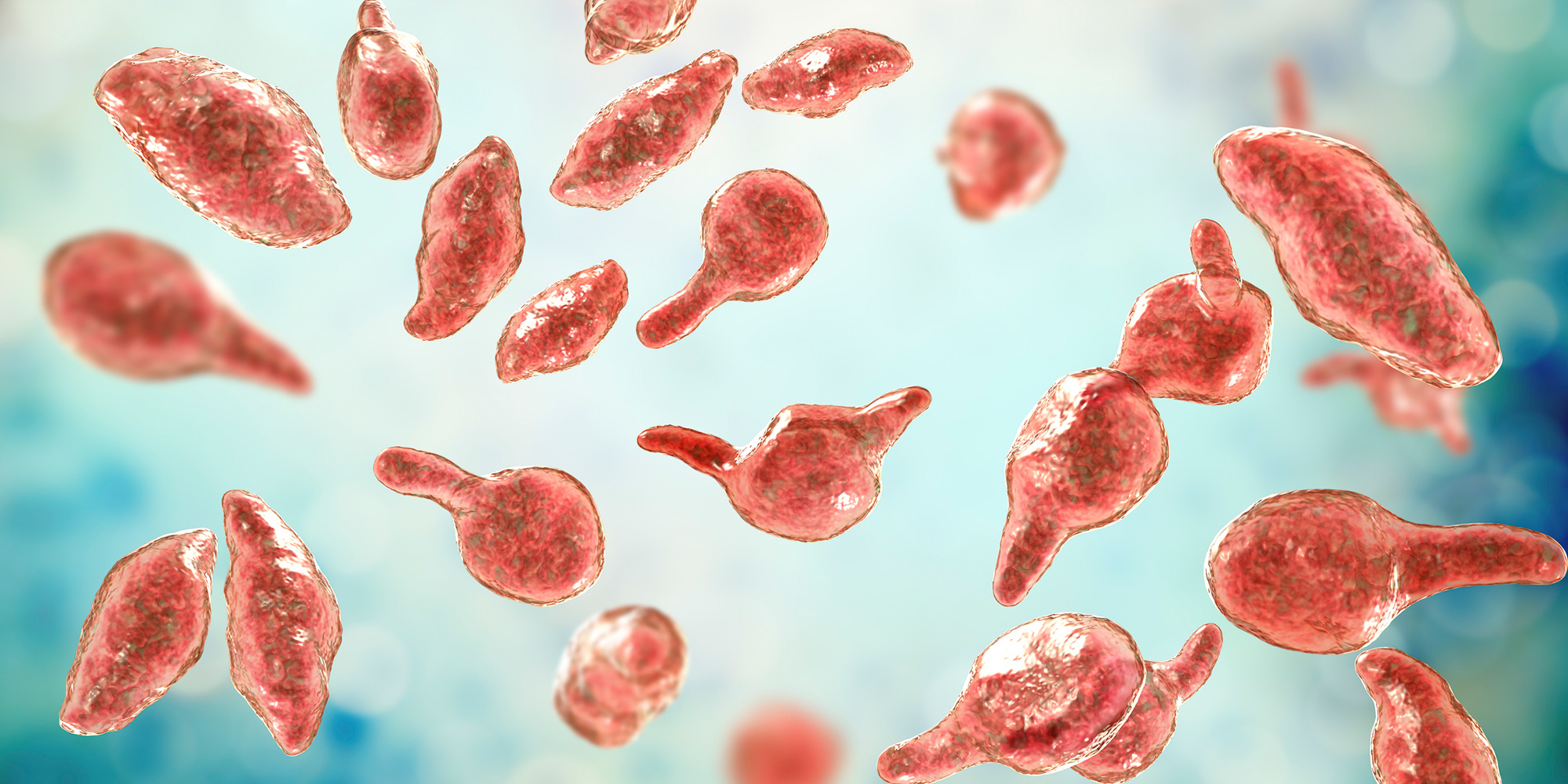
What you should know about Mycoplasma genitalium
Mycoplasma genitalium is a type of bacteria that can cause infection in the genital and urinary tract. 1 This sexually transmitted infection (STI) is becoming increasingly common, and it's important to understand the symptoms, risk factors, and methods of prevention and treatment.
Canadian studies estimate the prevalence of M. genitalium infection at 3-8%.2
What is a Mycoplasma genitalium infection?
Mycoplasma genitalium is an STI that affects the mucous cells that are responsible for protecting the body from irritants of the urinary and genital tracts in humans. 3 For men, it is associated with persistent urethritis; and for women it’s often associated cervicitis, pelvic inflammatory disease (PID), pre-term birth, pregnancy loss or infertility.4
How is Mycoplasma genitalium contracted?
Risk factors for Mycoplasma genitalium infection include having unprotected sex, having multiple sexual partners, and having a previous STI. To reduce the risk of infection, it’s important to practice safe sex, such as using condoms and getting regular STI screenings.
What are the symptoms of a Mycoplasma genitalium infection?
Symptoms of Mycoplasma genitalium infection may include painful urination, discharge from the penis or vagina, vaginal bleeding or pain during sexual intercourse. If left untreated, this infection can lead to more serious health problems such as pelvic inflammatory disease, infertility, and increased risk of HIV transmission. 2
Next steps if you think you have a Mycoplasma genitalium infection?
If you suspect that you have a Mycoplasma genitalium infection, it’s important to see a doctor as soon as possible. This infection can be treated with antibiotics, and early treatment can help prevent the development of more serious health problems.
When is a test for Mycoplasma genitalium ordered?
A test for Mycoplasma genitalium can be considered when chlamydia and gonorrhea have been ruled out as a cause of persistent or recurrent urethritis, cervicitis, or pelvic inflammatory disease (PID), following empiric treatment for gonorrhea and chlamydia.1
How is the test performed?
LifeLabs offers two convenient sample collection options for Mycoplasma genitalium.
1. Urine Sample Collection at a LifeLabs Patient Service Centre (PSC). Patients will be provided with a container upon arrival to collect their urine sample. Patients must have a signed requisition form and payment before a container will be provided.
2. Genital swab samples (cervical, vaginal, urethral, or meatal). The healthcare provider will collect the sample at their clinic and provide the patient with a signed requisition. Patients will then be directed to visit a LifeLabs PSC to drop off payment and sample.
When are results available?
Test results for Mycoplasma genitalium will be provided to the ordering healthcare provider two to seven days after collection (depending on geographic proximity to the Lower Mainland British Columbia).
Conclusion
Mycoplasma genitalium is a growing concern, and it’s important to be aware of the symptoms, risk factors, and methods of prevention and treatment. By taking steps to protect your sexual health, you can help prevent the spread of this and other STIs.
Please note: Routine screening for Mycoplasma genitalium is not currently recommended. Testing for Mycoplasma genitalium is only recommended when chlamydia and gonorrhea have been ruled out as the cause of the symptoms mentioned above. Mycoplasma genitalium testing at LifeLabs is currently only offered in British Columbia and Ontario. The test is not covered by Medical Services Plan (MSP) or Ontario Health Insurance Plan (OHIP). Patients must provide payment at a LifeLabs Patient Service Centre.
Questions?
Please contact our Customer Information Center at 604-431-7206 or toll-free at 1-800-431-7206.
For healthcare providers, information on ordering supplies for the Mycoplasma genitalium test in BC may be found in the healthcare provider supplies portal. Mycoplasma genitalium may not be listed directly on all regional forms. If Mycoplasma genitalium is not listed in your region, simply select, “Unisex PCR swab or Multitest PCR swab” on the form before faxing in your order.
References
1 Adapted from Canadian STI guidelines https://www.canada. ca/en/public-health/services/infectious-diseases/sexual-health-sexually-transmitted-infections/canadian-guidelines/ mycoplasma-genitalium.html
2 Adapted from https://nccid.ca/debrief/mycoplasma-genitalium/
3 Clin Infect Dis. 2011 Dec 15; 53(Suppl 3): S129–S142.
4 Infect Dis Obstet Gynecol. 2016; 2016: 4513089.




